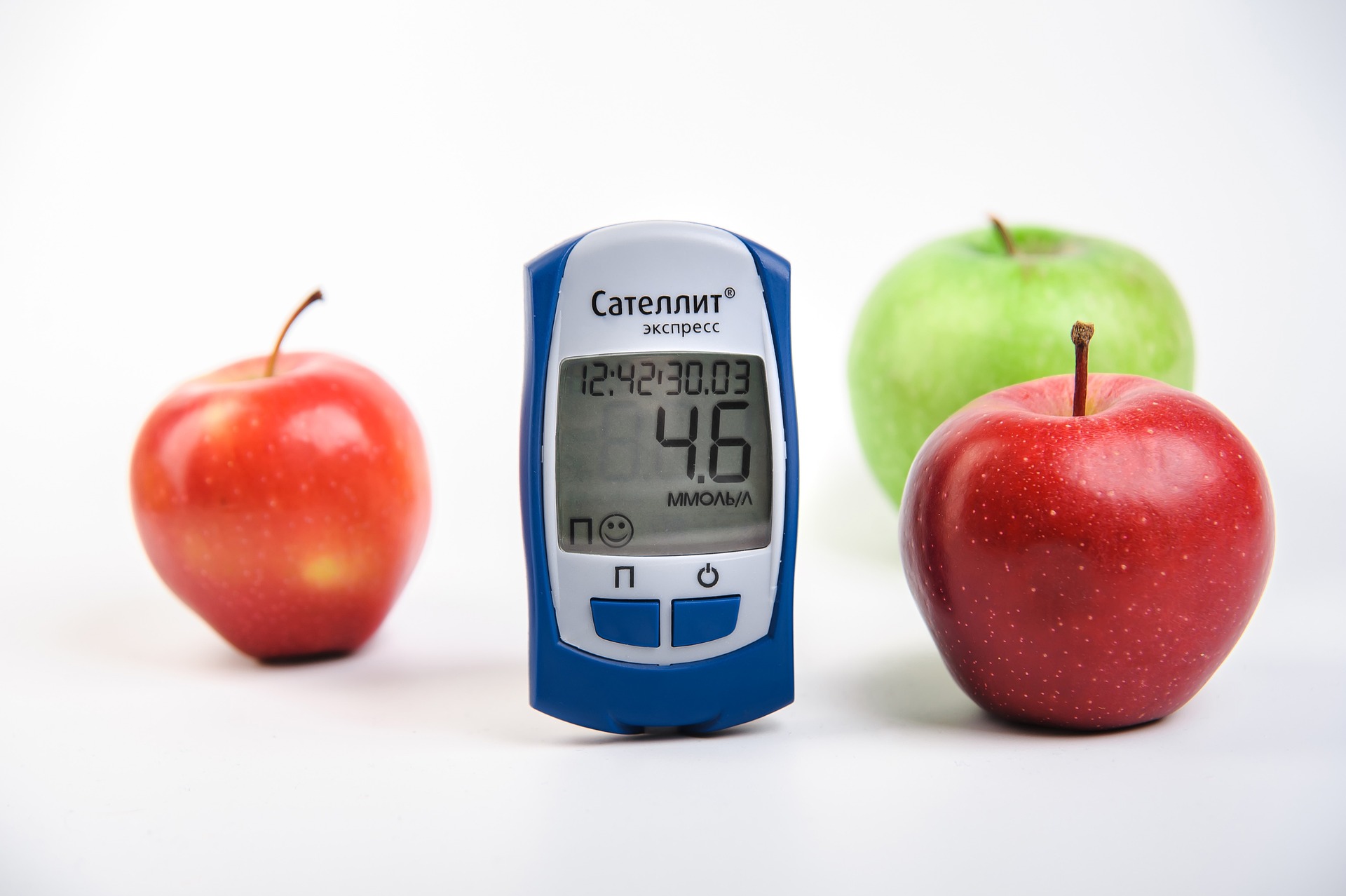The First Steps After a GD Diagnosis
Receiving a gestational diabetes diagnosis can feel overwhelming. As a dietitian specializing in prenatal nutrition, I want to guide you through those critical first steps to help you manage your condition with confidence.
Take a Deep Breath
First and foremost, remember that a gestational diabetes diagnosis is not your fault, and it doesn’t mean your pregnancy is in trouble. With proper management, most women with GD have healthy pregnancies and healthy babies.
Understand Your Testing and Monitoring Plan
After diagnosis, your healthcare provider will explain how to monitor your blood glucose levels at home. This typically involves:
- Learning to use a glucose meter
- Testing your blood sugar multiple times a day (usually fasting and after meals)
- Recording your results to share with your healthcare team
- Understanding your target numbers
Connect with Your Healthcare Team
A multidisciplinary approach is essential for managing gestational diabetes. Your team may include:
- Obstetrician or maternal-fetal medicine specialist
- Registered dietitian or diabetes educator
- Endocrinologist (sometimes)
- Your primary care provider
Schedule appointments with these specialists as soon as possible after diagnosis.
Begin Basic Dietary Changes
While you’ll receive personalized nutrition advice from your dietitian, some initial dietary adjustments include:
- Eating regular meals and snacks throughout the day
- Pairing carbohydrates with protein and healthy fats
- Avoiding sugary drinks and limiting fruit juice
- Having a protein-rich bedtime snack
- Eating breakfast within an hour of waking
Start Gentle Movement
Physical activity can help manage blood sugar levels. With your doctor’s approval:
- Take a 10-15 minute walk after meals
- Incorporate gentle pregnancy-safe exercise into your daily routine
- Aim for 30 minutes of activity most days
Organize Your Support System
Share your diagnosis with family and friends who can support you. Consider:
- Asking for help with meal preparation
- Finding someone to exercise with you
- Connecting with others who have experienced gestational diabetes
Educate Yourself
Knowledge is power. Alongside professional guidance, learn more about gestational diabetes through:
- Reputable websites and books
- Resources provided by your healthcare team
- Support groups (online or in-person)
Looking Forward
In the coming weeks, you’ll develop a rhythm with your new routine. Remember that managing gestational diabetes is a day-by-day process, and occasional high readings happen. What matters most is your overall pattern and working closely with your healthcare team.
In our next article, we’ll explore why blood sugar control during pregnancy is so important for both you and your baby.
